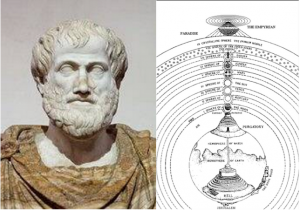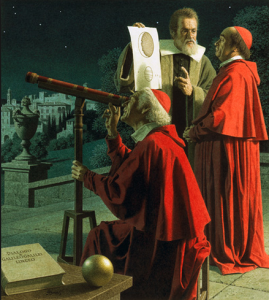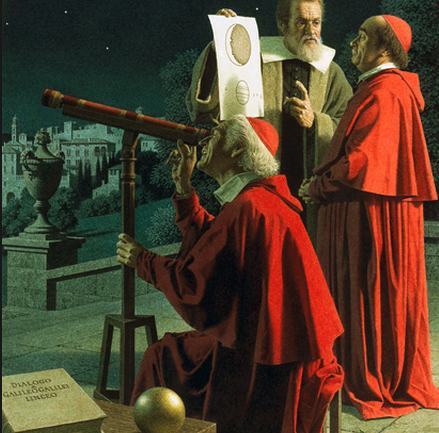Last week I gave a conference at a company’s Open Innovation Fair. There were General Managers, Country Heads, CTOs and Business Unit Heads from multiple Fortune 500 EU companies that were attending the fair. Before I started out, the CTO of a prominent German company was asked what was the most significant challenge to innovation. He replied instantly: “building an innovation-friendly culture”.

About 23 centuries ago, Aristotle was looking at the sky: he saw the sun rise, move in a circular motion and then he watched the sun set. From this he inferred that the sun was moving around the earth. 18 centuries later, Copernicus was also looking at the sky: he saw the sun rise, move in a circular motion and then he watched the sun set. He inferred that it was the earth that was moving around the sun. So, why did Aristotle get it wrong and why did Copernicus get it right? One could imagine many explanations. But, in fact, there’s only one difference between Aristotle and Copernicus. And it can be summarized in one word.

Thanks to the telescope, Copernicus was able to see much further away: he could see many astronomical phenomena that were invisible to Aristotle’s bare eyes. As a result, his observation-based deductions provided solid grounding for further reasoning. This led him to conclude that the earth was revolving around the sun, and not the other way around. This was a tremendous moment in Western Science, and the beginning of the scientific revolution. Indeed, it was the birth of experimental science, a science aimed at observing and measuring nature, in order to infer its laws. Plus, as experimental science was producing results, it led to a change in the way we see our world, ourselves and the universe. This had profound religious, social, political and philosophical implications, such that it resulted in a change of culture. In other words, a change in tools, led to a change in scientific process, which led to a change in culture.

No comment